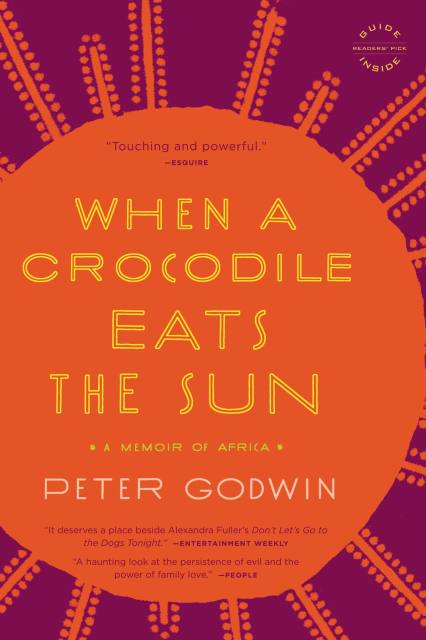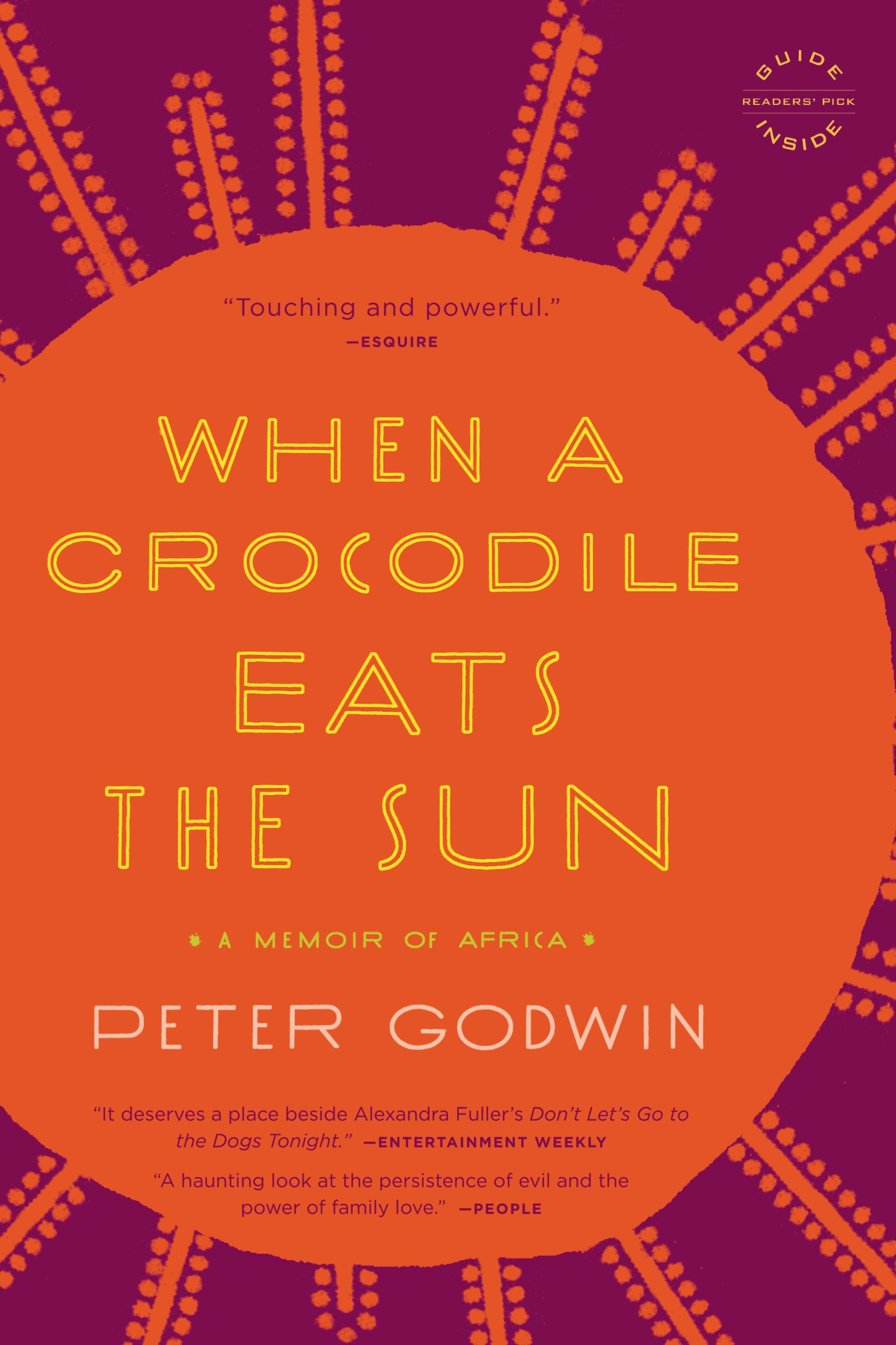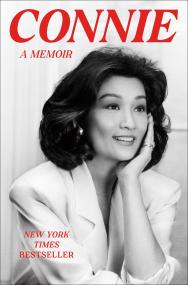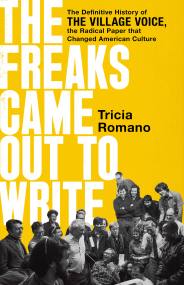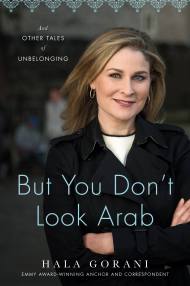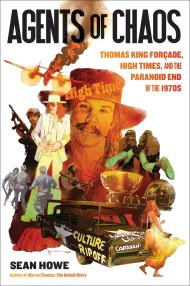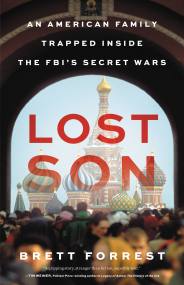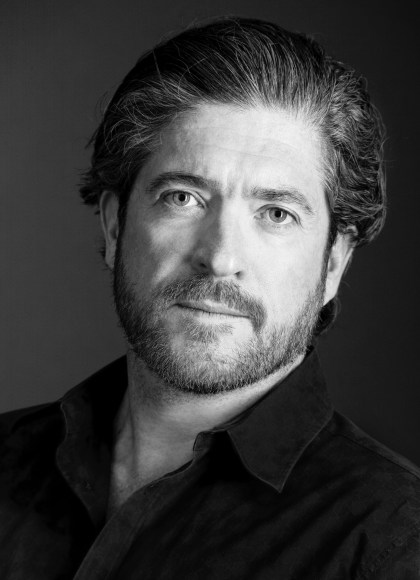By clicking “Accept,” you agree to the use of cookies and similar technologies on your device as set forth in our Cookie Policy and our Privacy Policy. Please note that certain cookies are essential for this website to function properly and do not require user consent to be deployed.
When a Crocodile Eats the Sun
A Memoir of Africa
Contributors
By Peter Godwin
Formats and Prices
Price
$11.99Price
$15.99 CADFormat
Format:
- ebook $11.99 $15.99 CAD
- Trade Paperback $19.99 $24.99 CAD
This item is a preorder. Your payment method will be charged immediately, and the product is expected to ship on or around April 10, 2008. This date is subject to change due to shipping delays beyond our control.
Also available from:
After his father’s heart attack in 1984, Peter Godwin began a series of pilgrimages back to Zimbabwe, the land of his birth, from Manhattan, where he now lives. On these frequent visits to check on his elderly parents, he bore witness to Zimbabwe’s dramatic spiral downwards into the jaws of violent chaos, presided over by an increasingly enraged dictator. And yet long after their comfortable lifestyle had been shattered and millions were fleeing, his parents refuse to leave, steadfast in their allegiance to the failed state that has been their adopted home for 50 years.
Then Godwin discovered a shocking family secret that helped explain their loyalty. Africa was his father’s sanctuary from another identity, another world.
When a Crocodile Eats the Sun is a stirring memoir of the disintegration of a family set against the collapse of a country. But it is also a vivid portrait of the profound strength of the human spirit and the enduring power of love.
Then Godwin discovered a shocking family secret that helped explain their loyalty. Africa was his father’s sanctuary from another identity, another world.
When a Crocodile Eats the Sun is a stirring memoir of the disintegration of a family set against the collapse of a country. But it is also a vivid portrait of the profound strength of the human spirit and the enduring power of love.
- On Sale
- Apr 10, 2008
- Page Count
- 368 pages
- Publisher
- Back Bay Books
- ISBN-13
- 9780316032094
Newsletter Signup
By clicking ‘Sign Up,’ I acknowledge that I have read and agree to Hachette Book Group’s Privacy Policy and Terms of Use
